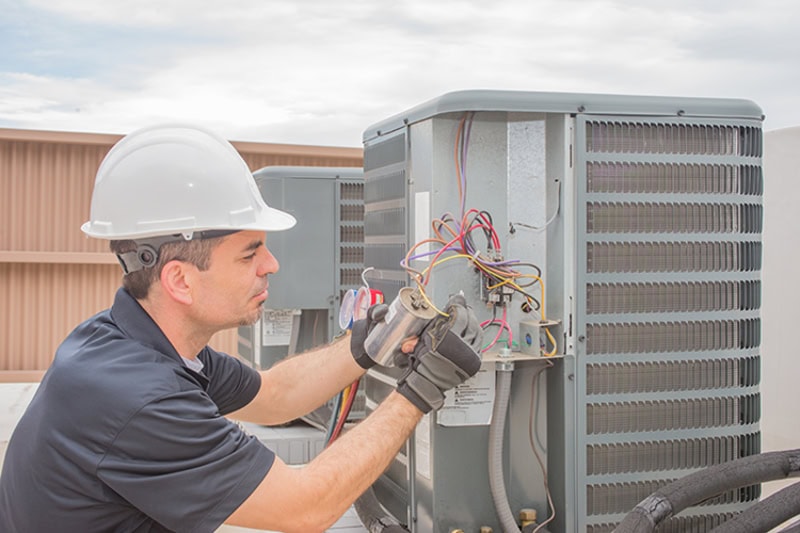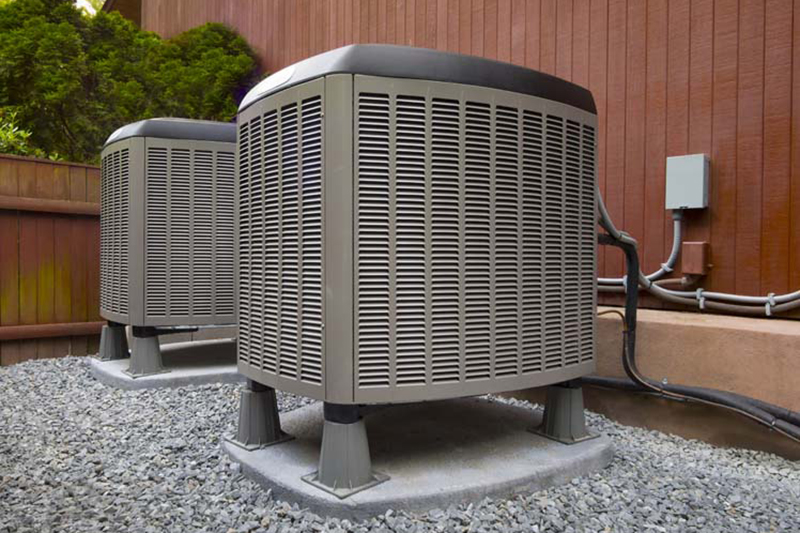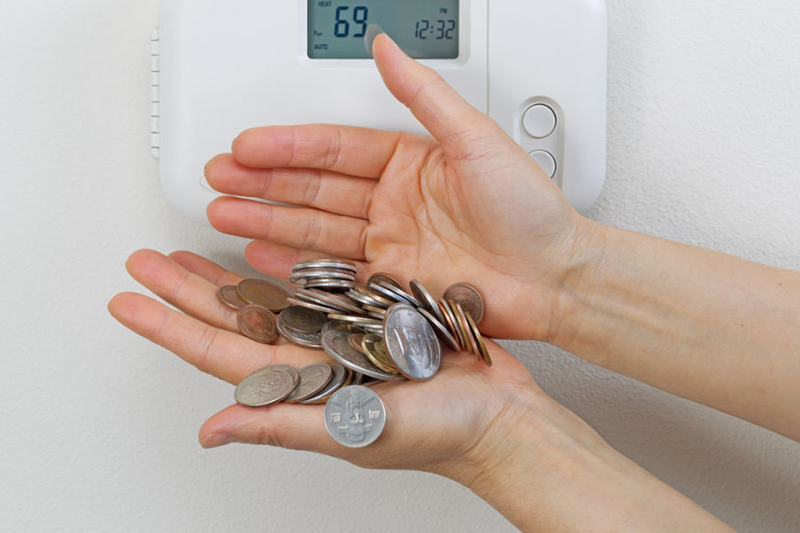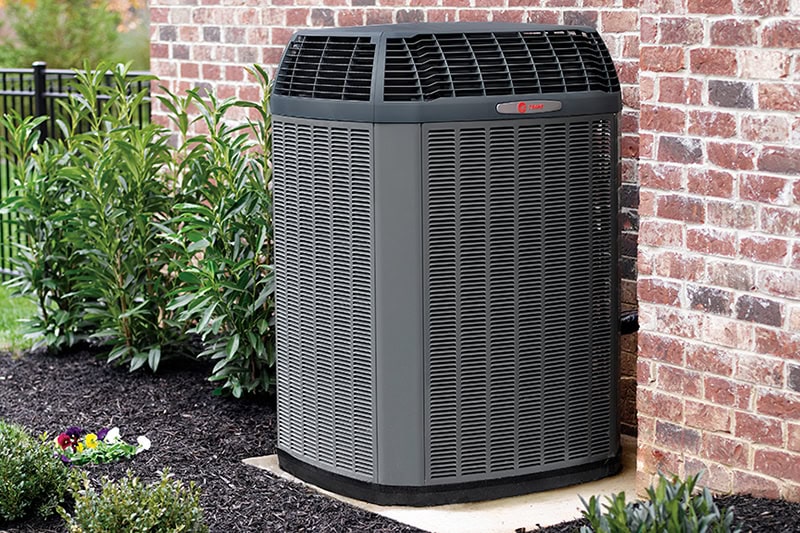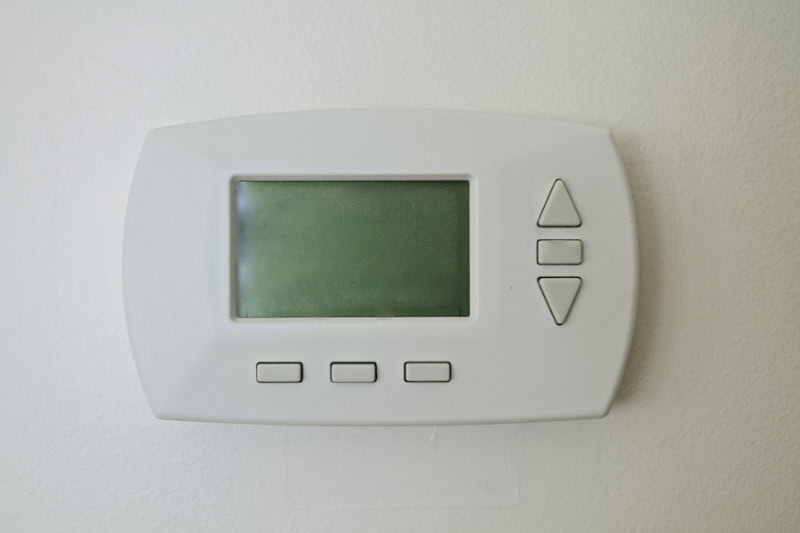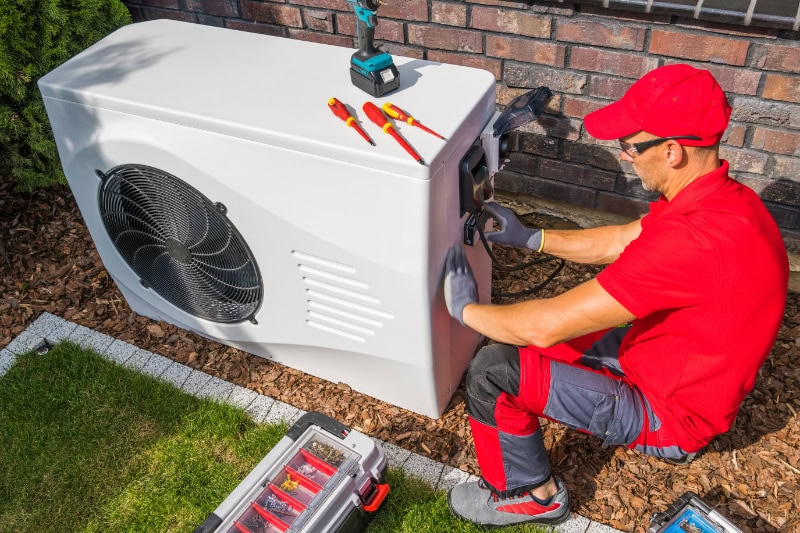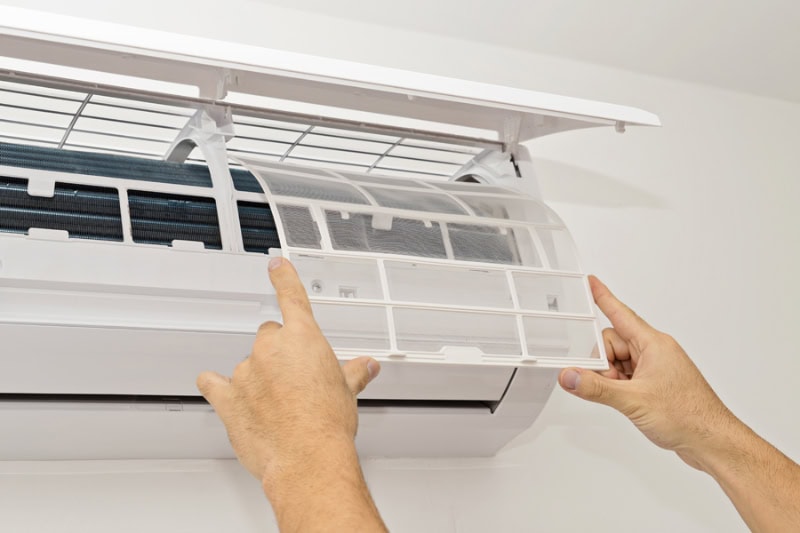News
Although the U.S Centers for Disease Control recommends adults sleep seven or more hours per night, one in three adults say they log fewer hours.
Continue ReadingSuccessful Florida employers are always searching for ways to help employees improve their productivity. While the majority of productivity responsibility does fall on the employees’ shoulders, there are things employers can do to help, especially when it comes to factors pertaining to the building’s heating, ventilation, and air conditioning (HVAC) system. That’s where we at Stellar Services can help.
Continue ReadingAside from the professionals, like ours at Steller Services, who really thinks about air conditioners and their components?
Continue ReadingAs the temperatures begin to rise in Gainesville, many homeowners are firing up their air conditioners for the first time in months. But what if, instead of a refreshing blast of cool air, you’re hit with an unpleasant smell?
Continue ReadingEveryone loves to save money, and it’s a good idea to review different aspects of your budget now and again to see if there are more opportunities you have missed in the past. Considering how to reduce your energy bills is always a great idea in the springtime.
Continue ReadingSpring is finally arriving in Florida! The days are getting longer, the flowers are blooming, and you’re probably already thinking about dusting off the patio furniture or tackling that messy garage.
Continue ReadingIt is an “Oh no!” moment when you approach your home’s thermostat and see its screen is blank.
Is it serious? Does it mean your furnace, heat pump, or air conditioning is broken? Not necessarily. In fact, most of the time, it is something minor and can be easily fixed.
Continue ReadingWant to heat and cool your Gainesville home, fight climate change, and save money—all at the same time?
Get a heat pump.
Continue ReadingSo you are looking to invest in a heat pump. You are not alone––many Americans are making the switch.
Continue ReadingA ductless heating and cooling system, or a mini split, is a splendid choice for your Gainesville home and a worthwhile investment.
Continue Reading
 Get a Quote
Get a Quote
